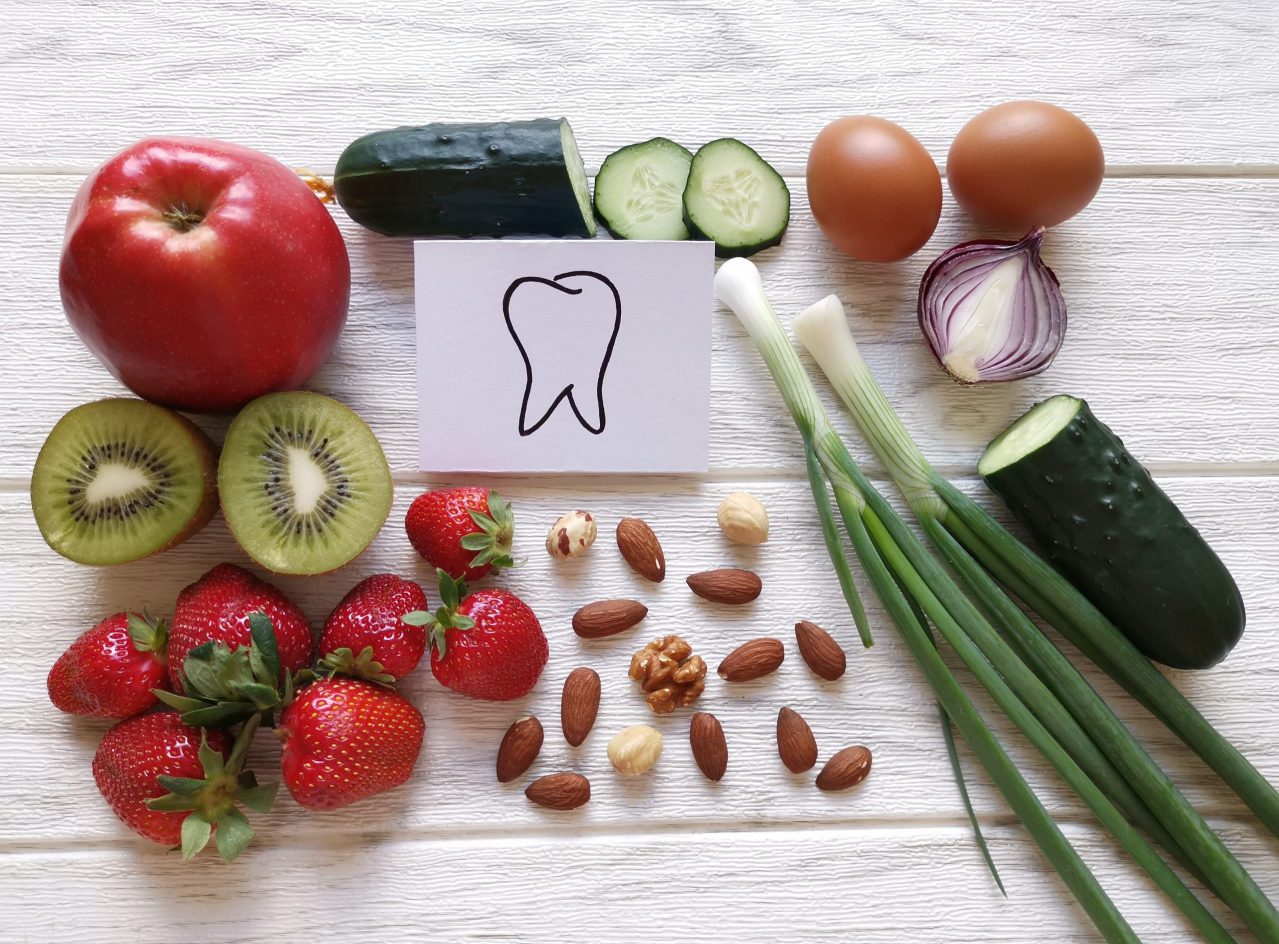Toothaches can bring discomfort to daily life, affecting your mood and routine. Don’t let these minor aches take control. Simple home remedies can offer relief and help you regain your peace of mind. Whether it’s discomfort from a sensitive tooth or irritation from a new molar, these solutions provide a practical way to soothe pain without immediate dental visits. While professional care from places like Kokomo dental office is essential for long-term health, home treatments can help until you seek professional help. This guide will cover natural options for families seeking immediate comfort. You will discover how common ingredients found at home can make a difference. From saltwater rinses to soothing clove oil, these remedies are easy to use. They offer gentle relief, ensuring that you and your family can manage minor dental issues with confidence. Remember, these are temporary solutions. Always consult a dentist for persistent concerns.
1. Saltwater Rinse
Saltwater rinses are a simple and effective remedy for minor dental discomfort. Salt naturally helps to heal oral wounds and reduce inflammation. To make a saltwater rinse, mix half a teaspoon of salt in a glass of warm water. Swish the solution in your mouth for about 30 seconds, then spit it out. This can be done a few times a day. Saltwater helps cleanse the mouth and can remove small debris lodged between your teeth. According to the National Center for Biotechnology Information, saltwater is a safe, natural way to improve oral health.
2. Clove Oil
Clove oil offers a natural solution for tooth pain. Cloves contain eugenol, a compound that numbs nerve endings and reduces pain. To use clove oil, apply a small amount directly to the affected tooth with a cotton swab. Be sure to avoid getting clove oil on your gums. If you have whole cloves, gently chew one to release its oil. Clove oil is a strong antiseptic, which can prevent infection while easing pain. The National Library of Medicine highlights the effectiveness of cloves in reducing dental pain.
3. Cold Compress
A cold compress can help reduce swelling and numb the pain. Place an ice pack wrapped in a cloth on the outside of your cheek for about 15 minutes. Repeat this as needed. It’s particularly useful for reducing inflammation from tooth injuries or swelling. The cold helps constrict blood vessels, which reduces swelling and eases the pain. This approach is safe and can be repeated several times a day to manage discomfort effectively.
4. Peppermint Tea Bags
Peppermint tea bags can soothe sensitive gums and teeth. After brewing a cup of tea, let the bag cool down to a comfortable temperature. Apply the slightly warm tea bag to the affected area for relief. The natural compounds in peppermint soothe pain and have a mild numbing effect. You can also chill the tea bag in the freezer for a few minutes before use for added relief. Peppermint offers a pleasant taste while providing a calming effect on irritated areas.
Comparison of Remedies
| Remedy | Primary Benefit | Ease of Use | Recommended Use |
|---|---|---|---|
| Saltwater Rinse | Reduces inflammation | Simple | Multiple times a day |
| Clove Oil | Numbs pain | Moderate | Direct application |
| Cold Compress | Reduces swelling | Easy | As needed |
| Peppermint Tea Bags | Soothed gums | Simple | As needed |
These remedies are easy to apply and can help manage minor dental discomfort at home. However, they are not substitutes for professional dental care. Persistent pain requires a visit to a dentist. These solutions provide temporary relief and should be part of your regular oral care routine. Always pay attention to your symptoms. If the pain worsens or persists, contact a dental professional to ensure there are no underlying issues. By using these methods, you can take control of dental discomfort with confidence and care.





